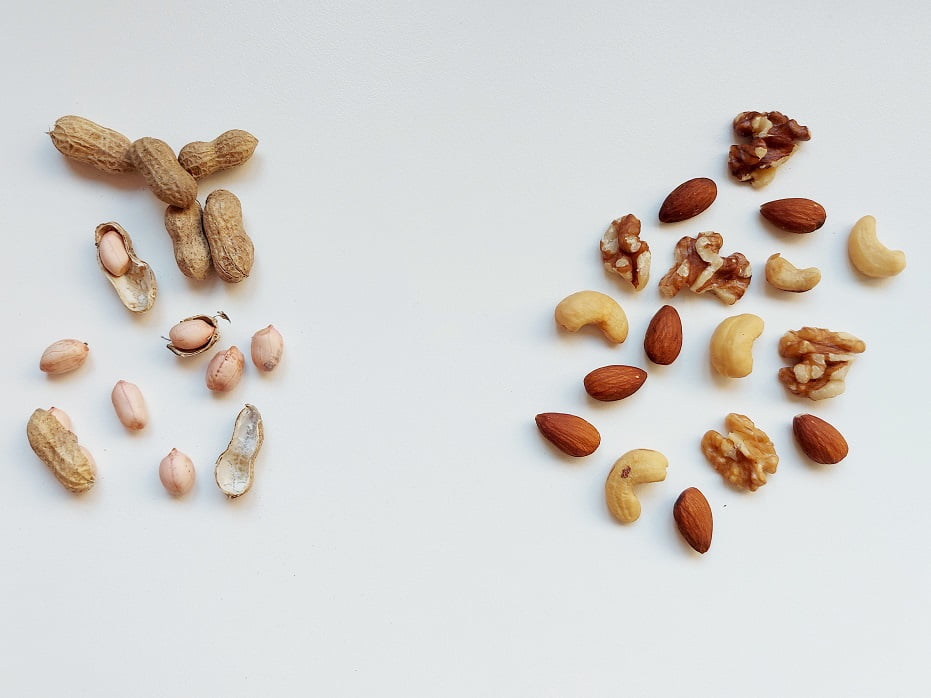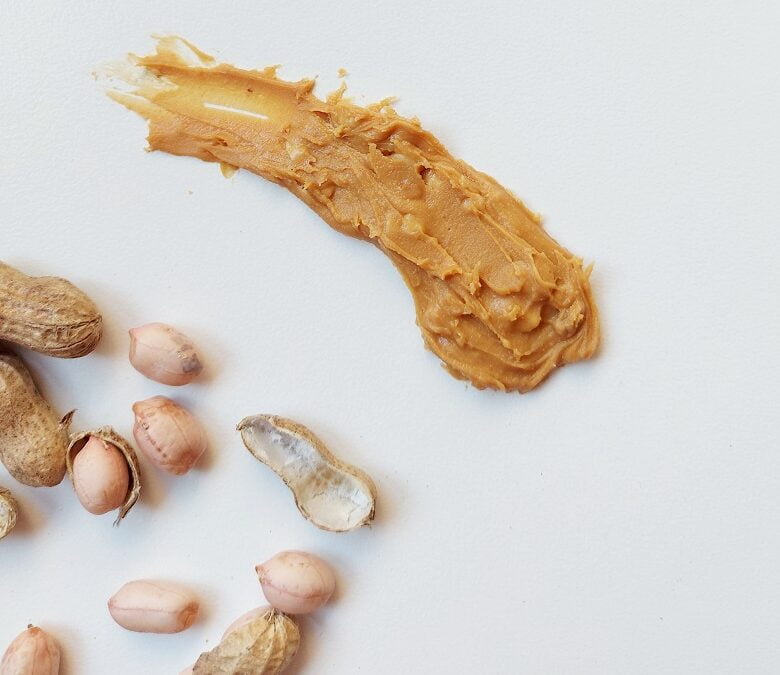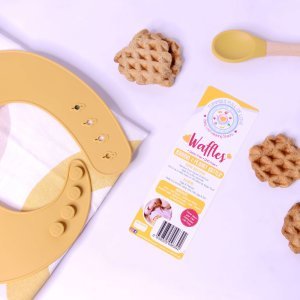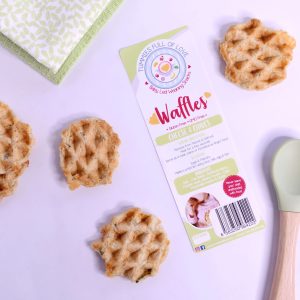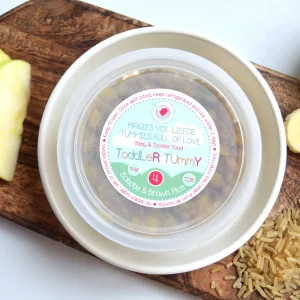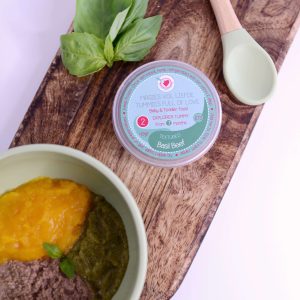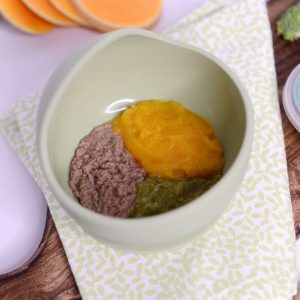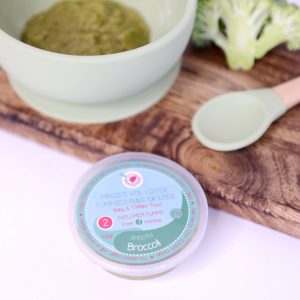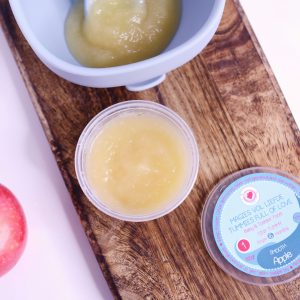Introducing allergens
Lidia de Klerk RD(SA)
Introducing food to your baby can be a daunting task. Besides making sure that your child gets the nutrition he/ she needs, there is always a concern about the possibility of food allergies.
Food allergies occur when a person is exposed to a specific protein (allergen) that the immune system mistakenly identifies as a threat. An allergic reaction then subsequently occurs with every exposure to the allergen. An immune response indicates an allergy whereas non-immune hypersensitivity indicates an intolerance (AFSA, 2021).
Food allergies occur in about 7% of babies and young children. Some of these allergies can be outgrow.
Common food allergens include:
- Milk and other dairy products
- Egg
- Peanuts
- Tree nuts like cashews, almonds and
- walnuts
- Soy
- Wheat
- Seafood, including fish, shellfish and
- crustaceans
- Sesame
What symptoms should I look out for?
Allergic symptoms typically occur within minutes after the exposure to an allergen and can range from mild to severe.
Mild symptoms include:
- Hives, rash, swelling, redness
- Affected sinuses, e.g. blocked/ runny nose and watery/ itchy eyes
- Coughing
- Vomiting (diarrhoea can occur later, but it is rare)
Severe symptoms include:
- Swelling of the mouth, throat or tongue
- Spreading hives
- Shortness of breath, continuous coughing, wheezing
- Hoarse voice, difficulty swallowing
- Blue or pale coloured lips or face
- Fainting or weakness
Severe symptoms require immediate attention.
Some babies have an increased risk towards getting a food allergy. An increased risk includes:
- Babies whose parent, sister or brother has an allergic condition (e.g., eczema, hay fever, asthma).
- Babies who have another diagnosed allergy including a food allergy or eczema.
If my baby has an increased risk, can I do something to reduce the risk?
(Health Link British Columbia, 2020)
- Get your baby’s eczema under control. Getting advice from your general practitioner, paediatrician or baby nurse is advised.
- If you are able, breastfeed your baby. Breastfeeding up to 2 years and beyond is recommended for reduced risk of allergies.
- Be sure to introduce common food allergens when your baby is ready for solid food.
- Consider the introduction of egg and peanuts at about 6 months of age (Chan et al., 2018) and before the other common food allergens. This tends to be beneficial in reducing the risk of allergy for these allergens (Du Toit et al., 2015).
- Introduce the allergens that are generally included in your family’s diet first.
- If your baby tolerates the common allergens well, keep offering these foods often to maintain tolerance.
- Easy ways to introduce egg and peanuts to your baby:
- Nut butters like peanut butter, almond butter and hazelnut butter
- Hard boiled or scrambled egg
- French toast
Introducing other allergens
- Milk shouldn’t replace breastmilk or formula milk in your baby’s diet, but can be used in other foods offered to them, i.e., baking with milk, mixing it into oats and consuming cow’s milk protein with yoghurt and cheese. Milk can be incorporated from the time when your baby consumes solids.
- Fish is a great source of protein, omega-3 fats, vitamins and minerals. It’s also a soft food and therefor easy for your baby to consume. An easy way to start is with tuna or sardines.
- Wheat and soy can also be included from early on.
Unprocessed, good sources of soy include tempeh, tofu and edamame beans (Barnes, 2020).
Introducing allergens to your baby can be well controlled and managed without great concern. Ensure you introduce the common allergens early on to have a decreased risk for allergic reactions later.
Resources
Allergy Foundation South Africa (AFSA), 2021. https://www.allergyfoundation.co.za/patient-information/en/what-is-allergy/.
Barnes, K. 2020. Introducing allergenic foods to your baby.
https://mamaknowsnutrition.com/introducing-allergenic-foods/
Chan, E. S. et al., 2018. Early introduction of foods to prevent food allergy. Allergy, Asthma & Clinical Immunology. Volume 14: 57.
Du Toit, G., et al., 2015. Randomized Trial of Peanut Consumption in Infants at Risk for Peanut Allergy. The New England Journal of Medicine. Volume 372: 803 – 813.
Health Link British Columbia. 2020. Reducing risk of food allergy in your baby.
https://www.healthlinkbc.ca/healthy-eating/reducing-baby-food-allergy-risk
